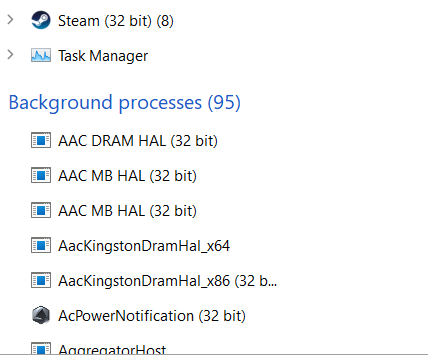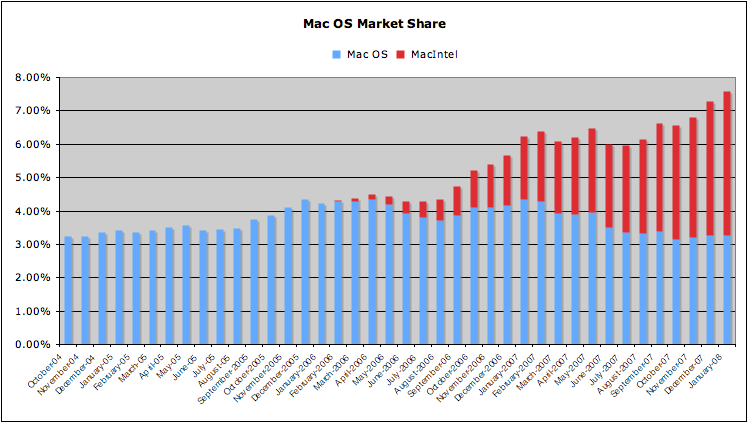It's also "good enough". The world is fully of "good enough" solutions. Something becomes good enough to do what is needed and it becomes the standard. Maybe later something else comes along that is better, doesn't matter, everyone already has something that works. The new thing needs to be a whole lot better to motivate people to switch, otherwise they stick with what is "good enough" because switching is a pain.That's the reason why people stuck with Windows, because legacy support is important. Nobody cares if Microsoft has headaches, when they just want their stuff working. This is why Windows and x86 is still around and still #1 for desktops, because some attention to compatibility was given.
A tech example is Windows Phones. They were legitimately better than Android. Better UI, faster, better dev environment, etc. Had they been a thing when Android was released, it probably would have never taken off. But they weren't, they didn't come along until years later. At that point, Android was established and was good enough. Ya Windows Phone was better... but not so much that most people would care. It wasn't worth the hassle to switch, so they didn't, and Windows Phone died with a whimper.
A bigger example would be the power grid: These days, there are good reasons why we might want to do DC power distribution instead of AC. We didn't have the technology needed to convert AC to DC (generators that make AC tend to be more efficient than DC) and more importantly didn't have the tech to change the voltage of DC back when the power grid was implemented, so AC it was. Now we do. Voltage source converters, thyristors, dc-dc converters and such make it perfectly possible to convert AC generator output to DC, step it up for transmission, and step it back down for use. It would be a better system, more efficient due to less line losses and the fact that most of our devices these days need DC and thus must convert AC to DC so we'd eliminate a conversion step (and bigger converters are usually more efficient). Thing is, that would be a massive headache to change and the AC grid is good enough so we stick with it.
Windows is similar: You can argue if other stuff is better, but it really is good enough, so it is what gets used by and large.
![[H]ard|Forum](/styles/hardforum/xenforo/logo_dark.png)

